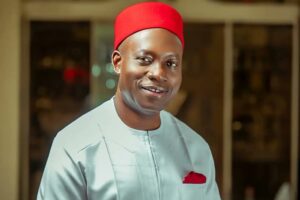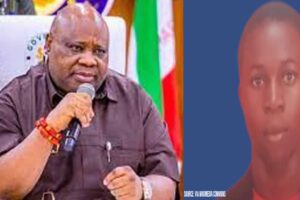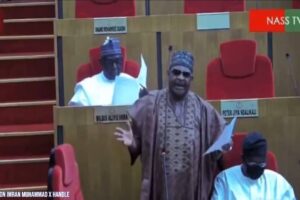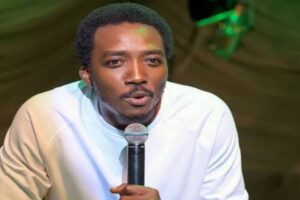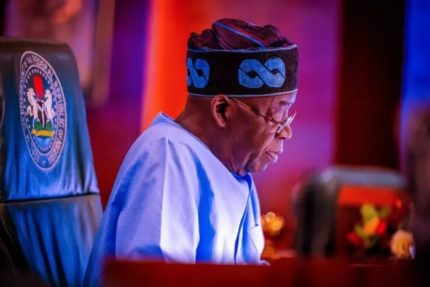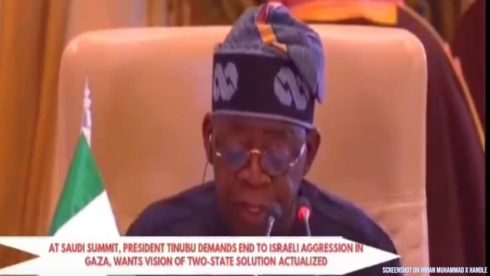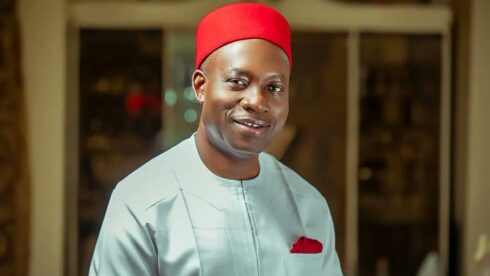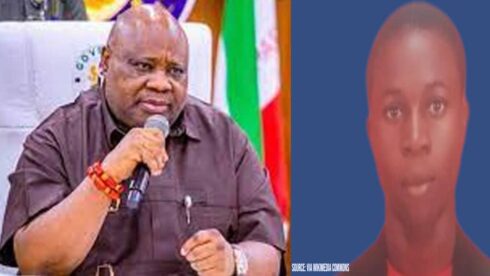Governors elected under the All Progressives Congress (APC) banner are set to meet with members of the National Assembly to deliberate on the controversial tax reform bills currently before the legislature. This follows a high-level meeting with President Bola Tinubu on Wednesday night, which also included the Speaker of the House of Representatives, Tajudeen Abbas, and several APC cabinet members.
In a related development, the Arewa Consultative Forum (ACF) has established a panel of experts to examine the proposed bills, underscoring the significance of these reforms for Nigeria’s economic trajectory.
APC Governors Seek Consensus on Tax Bills
The meeting of APC governors with the President focused on clarifying the benefits of the tax reform bills and addressing areas of contention. Attendees included notable APC governors such as Hope Uzodimma (Imo), Babajide Sanwo-Olu (Lagos), and Abdullahi Sule (Nasarawa). Key figures like the Chairman of the Federal Inland Revenue Service (FIRS), Zacch Adedeji, and Budget Minister Abubakar Bagudu were also present are APC members.
According to insiders, the gathering aimed to align APC governors, legislators, and stakeholders on the potential impact of the proposed bills. These include the *Joint Revenue Board of Nigeria (Establishment) Bill, 2024, and the *Nigeria Revenue Service (Establishment) Bill, 2024, which aim to streamline revenue collection and tackle tax evasion.
However, opposition persists, particularly from northern governors and lawmakers who argue that the reforms, especially the Value Added Tax (VAT) provisions, disadvantage their region. These dissenting voices have prompted the APC governors to plan further consultations to secure support for the bills in upcoming legislative sessions.
ACF Panel to Review Tax Reform Bills
The Arewa Consultative Forum (ACF) has constituted a panel of experts to analyze the tax reform bills and provide recommendations to the government. This decision reflects the growing regional concerns over the proposed legislation.
In a statement, ACF National Publicity Secretary Prof. Tukur Muhammad-Baba emphasized the need for a constructive and respectful discourse around the bills. “The debates have become acrimonious, pitting sections of the country against one another. This is uncalled for and most unfortunate,” the statement read.
The ACF expressed regret that inadequate consultations preceded the drafting of the bills, citing criticisms from stakeholders, including the National Economic Council headed by Vice President Kashim Shettima. The forum called for broader discussions to ensure that the reforms benefit all Nigerians equally.
North-East Lacks Representation in Senate Tax Committee
A major point of contention is the absence of North-East representation in the Senate Committee tasked with liaising with the Attorney-General of the Federation (AGF) on the tax reform bills. After Senator Kaka Shehu (Borno Central) declined his membership, the region was left without a voice on the committee.
Senator Abdul Ningi (Bauchi Central) lamented the exclusion, stating that the North-East caucus had nominated Senator Binos Yaroe (Adamawa) as a replacement, but his inclusion had yet to be confirmed. “Technically, the North-East doesn’t have a representative, and that means our interests will not be captured,” Ningi stressed.
This development has heightened regional tensions, with critics arguing that the absence of North-East representation undermines the inclusivity of the legislative process.
Experts Advocate for Targeted Tax Reforms
While debates over the tax reform bills rage on, economic experts are calling for a more strategic approach to taxation. Prof. Pat Utomi, a political economist, criticized the focus on revenue redistribution, arguing that the reforms should instead prioritize stimulating production.
Utomi proposed the adoption of specific-use taxes, which directly fund designated projects and ensure accountability. Citing examples from the United States, he highlighted how fuel taxes are earmarked for highway maintenance, providing a transparent and effective use of tax revenues.
“Nigeria needs a tax reform that boosts production rather than overburdening citizens. The current conversation on revenue sharing misses the point and risks deepening inequality and corruption,” Utomi asserted.
As the debate continues, stakeholders emphasize the importance of inclusive consultations to ensure that the proposed reforms address Nigeria’s economic challenges without exacerbating existing regional disparities.
Table of Contents
Discover more from OGM News NG
Subscribe to get the latest posts sent to your email.



